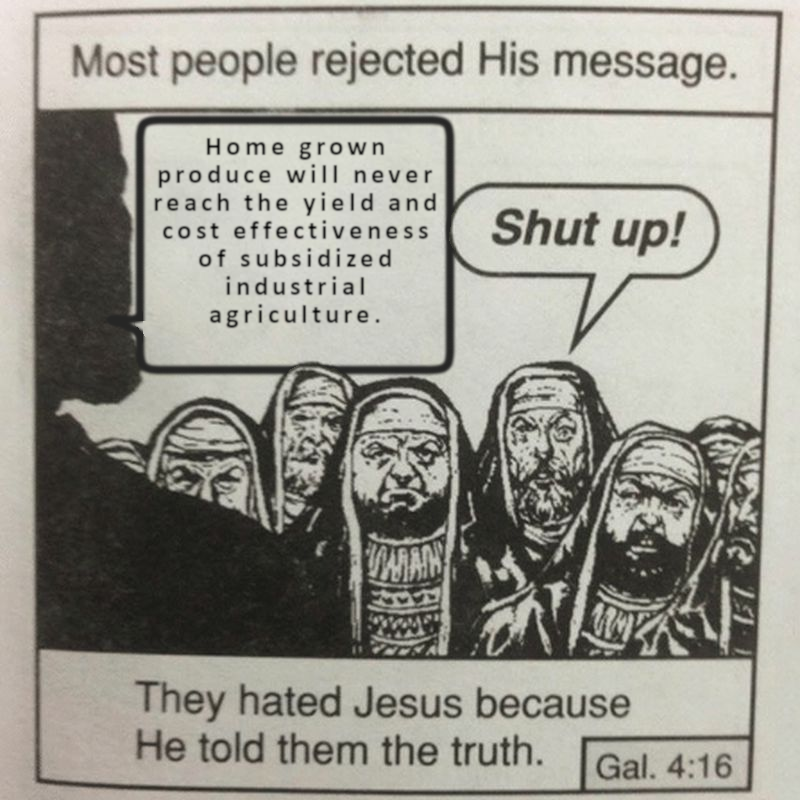this post was submitted on 13 May 2024
811 points (91.9% liked)
Science Memes
11081 readers
2655 users here now
Welcome to c/science_memes @ Mander.xyz!
A place for majestic STEMLORD peacocking, as well as memes about the realities of working in a lab.

Rules
- Don't throw mud. Behave like an intellectual and remember the human.
- Keep it rooted (on topic).
- No spam.
- Infographics welcome, get schooled.
This is a science community. We use the Dawkins definition of meme.
Research Committee
Other Mander Communities
Science and Research
Biology and Life Sciences
- [email protected]
- [email protected]
- [email protected]
- [email protected]
- [email protected]
- [email protected]
- [email protected]
- [email protected]
- [email protected]
- [email protected]
- [email protected]
- [email protected]
- [email protected]
- [email protected]
- [email protected]
- [email protected]
- [email protected]
- [email protected]
- [email protected]
- [email protected]
- [email protected]
- [email protected]
- [email protected]
- [email protected]
- !reptiles and [email protected]
Physical Sciences
- [email protected]
- [email protected]
- [email protected]
- [email protected]
- [email protected]
- [email protected]
- [email protected]
- [email protected]
- [email protected]
Humanities and Social Sciences
Practical and Applied Sciences
- !exercise-and [email protected]
- [email protected]
- !self [email protected]
- [email protected]
- [email protected]
- [email protected]
Memes
Miscellaneous
founded 2 years ago
MODERATORS
you are viewing a single comment's thread
view the rest of the comments
view the rest of the comments

Yes but both in the comments and the post I'm comparing low yield home gardens to large yield industrialized farming. If anybody is trying to derail the conversation away from the topic of the discussion then that is on them, not me.
I'd urge you to consider what "yield" is and means and how "yield" plays out over the whole length of the industrialized food chain.
The classic example from a producer's perspective is that commodity level production has to be sorted and doesn't get equal value for everything produced. So you may only get top dollar for 25-50% of what you grew and far less - possibly even zero - for the rest. Incredibly, it really is sometimes cost-effective to let the produce rot in the field if prices don't support a profit.
Then farther down the chain you have increasing losses and waste. By some estimates that's as much as nearly 40% of all food produced. See also here.
These factors only very rarely are brought up in these discussions in part because folks have very narrow conceptions of what "yield" means.
There is no alternative. None.
There are always alternatives.